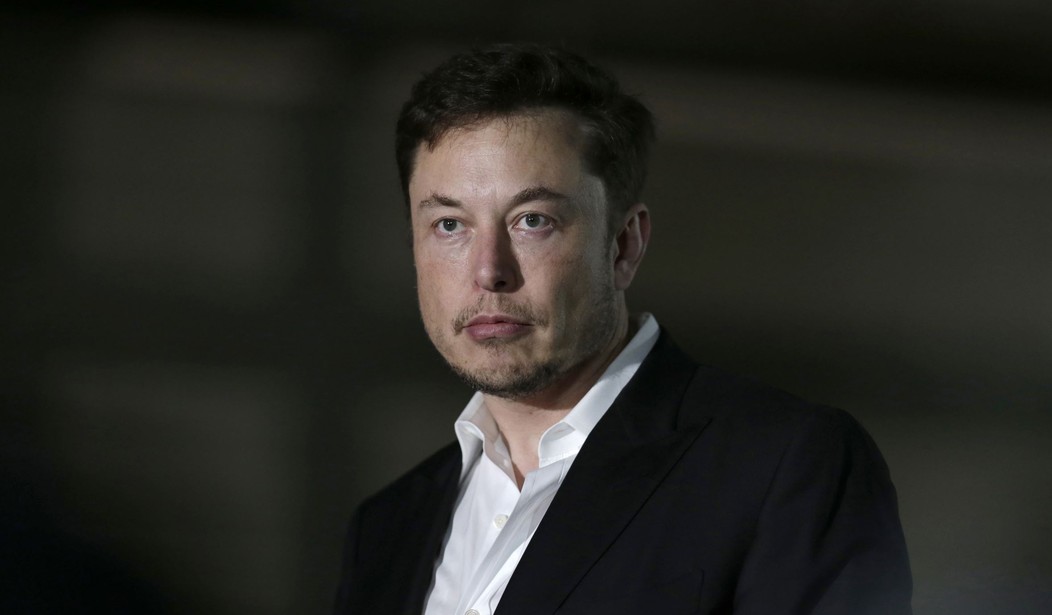The underlying story actually deals with a tragedy that cost the lives of two people, but it once again raises questions about the current state of technology when it comes to autonomous vehicles. In a suburb of Houston, Texas on Saturday night, a Tesla Model S automobile was involved in a single-vehicle accident. The car smashed into a tree at a relatively high rate of speed, destroying the vehicle. The car’s two occupants did not survive the crash. Investigators at the scene quickly concluded that neither of them was in the driver’s seat at the time of the crash, so the vehicle had been driving itself. (NY Post)
A Tesla Model S on autopilot crashed into a tree in Texas — killing two men inside and sparking a massive fire that took firefighters four hours to douse, according to reports.
“No one was driving,” Harris County Constable Mark Herman told KPRC-TV Sunday.
The deadly smash-up happened Saturday night in The Woodlands, a neighborhood in Houston.
The fully electric 2019 Tesla was driving in a cul-de-sac when it failed to navigate a turn and sped into nearby woods — striking a tree, with the collision igniting the car’s batteries, reports said.
The car’s massive batteries burst into flames when the Tesla hit the tree. The ensuing fire lasted for hours and the fire department needed 20,000 gallons of water before it was finally extinguished.
You can view some of the wreckage in this brief video report. (Disturbing content warning.)
People have to be asking themselves how this could have happened. The pair were navigating through a suburb and they were on a cul-de-sac. How fast was the car going in that sort of neighborhood to allow it to hit a tree with such a ferocious impact? If you hit a tree doing 20 or 25 miles per hour, as one might expect on a suburban street such as that one, you can definitely bang up the front end pretty well. But to completely wreck the vehicle and cause it to explode suggests it might have been going considerably faster.
And while we’re on that subject, how common is it for Tesla’s and other electric cars to have their batteries go up in that sort of conflagration when they sustain a front-end collision? We should be able to assume that Tesla does those sorts of crash tests in the factory before they sell the cars to the public, right? There was a period during the development of these electric vehicles when jokes were making the rounds about how long a Tesla could travel before simply bursting into flames. Less funny was a brief period almost ten years ago when three Teslas caught fire on the road in three weeks. Shouldn’t these firebugs all be worked out of the system by now?
You may recall when Tesla announced “battery day” last year, saying that it was going to be a game-changer for electric vehicles. Somehow I don’t think this was the sort of change to the game that they had in mind.
But the biggest question has to be how the autopilot in the car managed to get its location so wrong. These cars aren’t considered experimental anymore. They’re in production and being sold in large numbers. When the vehicle senses that it’s leaving the pavement, shouldn’t it automatically be slamming on the brakes instantly? And yet this Model S went crashing into the woods and right into a tree. That’s not supposed to happen.
Did the artificial intelligence making all of the driving decisions simply fail? Or even worse, did it have some sort of moment of self-awareness and just decided to take out the two occupants? (I realize that’s a stretch, but it’s a constant concern of mine when it comes to AI.) No matter what is discovered, this event can’t simply be treated as “just another car accident.” Tesla needs to do a thorough investigation and figure out how everything went so wrong. There are too many people taking their chances with self-driving cars these days to allow for this level of error.








Join the conversation as a VIP Member